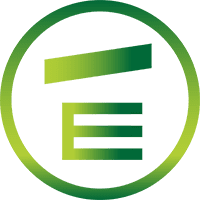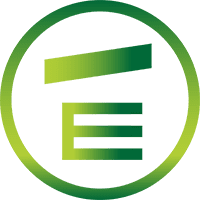Islamic Loans and Buying A Home: Here’s a Handy Checklist
Buying a home using Islamic loans is still the biggest purchase you’ll probably ever make. We can help you by setting up a trust that will help you stay away from riba. However, sharia compliance is just one of the steps that you will need to take.
Here’s a few other boxes to check before you get the keys to your own place.
Am I Ready?
IjaraTM financing is the right structure if you’re looking for a sharia compliant loan. However, there are some other questions that you need to ask yourself. First, you’ll need to decide if you’re financially stable. Even though you won’t be paying into a conventional mortgage, a home is a big financial responsibility. Don’t forget to include costs for maintenance, utilities and property taxes.
Do I Know What to Expect?
There are some financial management skills that you’ll need as a homeowner. It’s best to go through them before you pick a house. Start by taking a look at your credit score to see how you handle money. Even with the Islamic loans we offer, you’ll need to have a minimum score.
There are financial expenses right from the beginning like a home inspection and appraisal fees.
How to Find the Right Location
Buying your own home is a big adventure. Having all the right information at your fingertips will make the whole process go smoothly. That includes boxes you’ll need to check to find the right location.
Start with the basics like the size of the house itself and the property around it. It’s a good idea to plan for the future here. If you plan on staying in the same place, the yard and home itself should be big enough to accommodate an expanding family.
Due diligence brought you to Islamic loans. Use that same thinking to calculate the commute to work, services and recreational facilities.
Am I Ready to Maintain My Investment?
Looking after your spiritual side means getting Islamic loans that are sharia compliant. If you ask around, you’ll find most people consider a home to be their biggest investment. Looking after that investment means understanding the maintenance responsibilities.
Living within your budget is very important. Here’s a simple test you can use to make sure that’s happening. Take a look at your personal books once every few months. If you find that you’re spending more money than you’re bringing in, you’ll need to tweak things.
Unexpected Expenses
A home has a variety of unexpected expenses. Your Islamic loans don’t have any of these. However, with a home the plumbing or the roof can spring an unexpected leak. That’s why it’s a good idea to set aside 5% of your income for emergencies.
Finally, it’s important to make sure that your home and your family are protected. That includes financial planning incorporating Islamic loans. It’s also vital to prepare emergency plans. Have a routine for checking smoke alarms, fire extinguishers and carbon monoxide detectors on a regular basis





